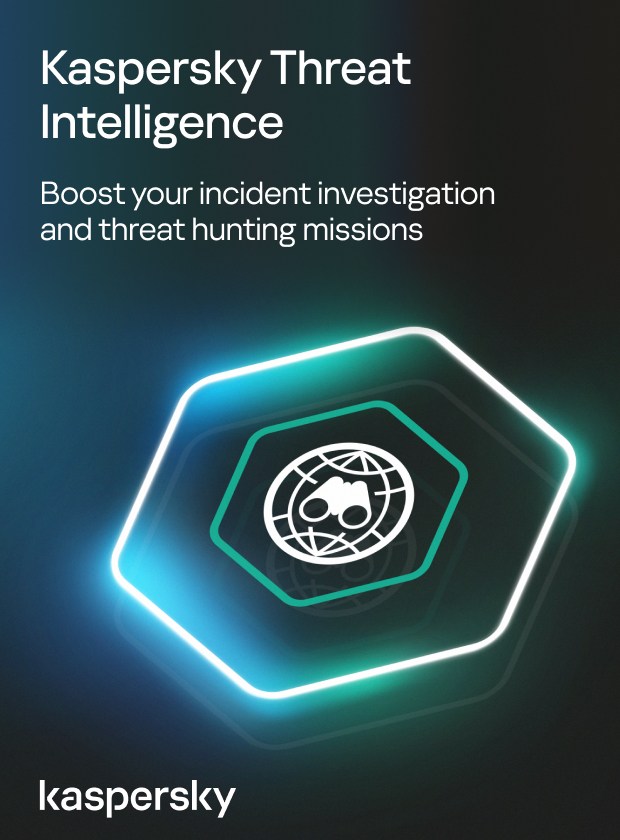
minute read

We recently discovered a new variety of malicious loader that targets macOS, presumably linked to the BlueNoroff APT gang and its ongoing campaign known as RustBucket. The threat actor is known to attack financial organizations, particularly companies, whose activity is in any way related to cryptocurrency, as well as individuals who hold crypto assets or take an interest in the subject. Information about the new loader variant first appeared in an X (formerly Twitter) post.
Earlier RustBucket versions spread its malicious payload via an app disguised as a PDF viewer. By contrast, this new variety was found inside a ZIP archive that contained a PDF file named, “Crypto-assets and their risks for financial stability”, with a thumbnail that showed a corresponding title page. The metadata preserved inside the ZIP archive suggests the app was created on October 21, 2023.
Exactly how the archive spread is unknown. The cybercriminals might have emailed it to targets as they did with past campaigns.
The app had a valid signature when it was discovered, but the certificate has since been revoked.
|
1 2 3 4 5 6 7 8 9 10 11 12 13 14 15 16 17 18 19 20 21 22 23 24 25 |
Signature #1: Valid Chain #1: Verified: True Serial: 6210670360873047962 Issuer: CN=Developer ID Certification Authority,OU=Apple Certification Authority,O=Apple Inc.,C=US Validity: from = 20.10.2023 3:11:55 to = 01.02.2027 22:12:15 Subject: UID=2C4CB2P247,CN=Developer ID Application: Northwest Tech-Con Systems Ltd (2C4CB2P247),OU=2C4CB2P247,O=Northwest Tech-Con Systems Ltd,C=CA SHA-1 Fingerprint: da96876f9535e3946aff3875c5e5c05e48ecb49c Verified: True Serial: 1763908746353189132 Issuer: C=US,O=Apple Inc.,OU=Apple Certification Authority,CN=Apple Root CA Validity: from = 01.02.2012 22:12:15 to = 01.02.2027 22:12:15 Subject: CN=Developer ID Certification Authority,OU=Apple Certification Authority,O=Apple Inc.,C=US SHA-1 Fingerprint: 3b166c3b7dc4b751c9fe2afab9135641e388e186 Verified: True (self-signed) Serial: 2 Issuer: C=US,O=Apple Inc.,OU=Apple Certification Authority,CN=Apple Root CA Validity: from = 25.04.2006 21:40:36 to = 09.02.2035 21:40:36 Subject: C=US,O=Apple Inc.,OU=Apple Certification Authority,CN=Apple Root CA SHA-1 Fingerprint: 611e5b662c593a08ff58d14ae22452d198df6c60 |
App signature details
Written in Swift and named “EdoneViewer”, the executable is a universal format file that contains versions for both Intel and Apple Silicon chips. Decryption of the XOR-encrypted payload is handled by the main function, CalculateExtameGCD. While the decryption process is running, the app puts out unrelated messages to the terminal to try and lull the analyst’s vigilance.
The decrypted payload has the AppleScript format:
The script assembles and runs the following shell command:
Once assembled, the shell command goes through the following steps:
- Downloads a PDF file, save it at /Users/Shared/Crypto-assets and their risks for financial stability.pdf, and opens it. This is a benign file launched as a diversion.
- Sends a POST request to the server and saves the response to a hidden file named “.pw” and located at /Users/Shared/.
- Grants permissions to the file and executes it with the C&C address as an argument.
The C&C server is hosted at hxxp://on-global[.]xyz, a domain name registered fairly recently, on October 20, 2023. We were unable to find any links between the domain and any other files or threats.
The .pw file is a Trojan we detected back in August. Like the loader, this is a universal format file:
The file collects and sends the following system information to the C&C:
- Computer name
- OS version
- Time zone
- Device startup date
- OS installation date
- Current time
- List of running processes
The data is collected and forwarded in cycles every minute. The Trojan expects one of the following three commands in response:
| Command # | Description |
| 0x0 | Save response to file and run |
| 0x1 | Delete local copy and shut down |
| Any other number | Keep waiting for command |
After receiving a 0x0 command, the program saves data sent with the command to the shared file named “.pld” and located at /Users/Shared/, gives it the read/write/run permissions and executes it:
Unfortunately, we did not receive a single command from the server during our analysis, so we were unable to find out the content of the following attack stage. The Trojan can now be detected by most anti-malware solutions:
Indicators of compromise
Files
| MD5 hash | File format | File name |
| 1fddf14984c6b57358401a4587e7b950 | Mach-O Fat | EdoneViewer |
| d8011dcca570689d72064b156647fa82 | Mach-O Fat | .pw |
| 90385d612877e9d360196770d73d22d6 | Zip | Crypto-assets and their risks for financial stability.zip |
| 3b3b3b9f7c71fcd7239abe90c97751c0 | Zip | Crypto-assets and their risks for financial stability.zip |
| b1e01ae0006f449781a05f4704546b34 | Zip | Crypto-assets and their risks for financial stability.zip |
| 80c1256f8bb2a9572e20dd480ac68759 | Crypto-assets and their risks for financial stability.pdf |
Links










